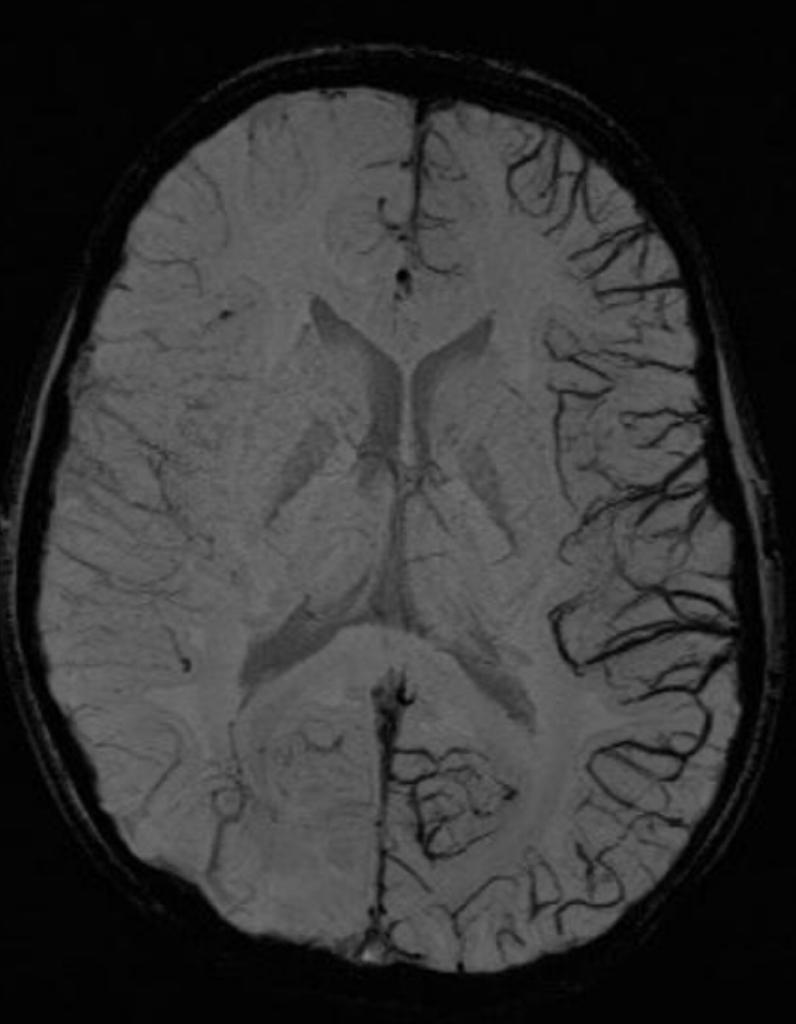What is a Migraine?
A migraine is a neurological condition characterized by recurrent, severe headaches often accompanied by other symptoms. Migraines can be debilitating, affecting an individual’s ability to perform daily activities.
Common Symptoms:
- Intense Headache: Throbbing or pulsating pain, usually on one side of the head.
- Aura: Visual disturbances (flashing lights, zigzag lines) or other sensory changes before the headache.
- Sensitivity: Increased sensitivity to light (photophobia) and sound (phonophobia).
- Nausea and Vomiting: Many migraine sufferers experience nausea and, in some cases, vomiting.
- Duration: Migraines can last from a few hours to several days.
Identifying Triggers
Common Triggers for Migraines:
- Stress: High-stress levels at work, home, or in personal relationships.
- Hormonal Changes: Fluctuations in estrogen, common in women, can trigger migraines.
- Dietary Factors: Certain foods or additives, such as:
- •Aged cheese
- •Chocolate
- •Caffeine
- •Processed foods containing nitrites or MSG
- Sleep Patterns: Irregular sleep patterns or lack of sleep.
- Environmental Factors: Changes in weather, exposure to strong odors, or bright lights.
Pathophysiology of Migraines
Migraines are believed to involve complex neurological processes, including:
- Cortical Spreading Depression (CSD): A wave of abnormal electrical activity that moves across the brain’s cortex, leading to changes in blood flow and neurotransmitter release.
- Neurotransmitter Imbalance: Alterations in serotonin levels, a neurotransmitter involved in regulating mood, appetite, and sleep, may contribute to migraine development.
- Genetic Factors: Family history plays a role, suggesting a genetic predisposition to migraines.
Common Investigations and Findings
Diagnostic Investigations:
- Clinical Examination: A detailed history and physical examination by a healthcare professional.
- Neuroimaging: In certain cases, magnetic resonance imaging (MRI) or computed tomography (CT) scans may be conducted to rule out other neurological conditions.
- Blood Tests: These may be performed to check for underlying health conditions or hormonal imbalances.
Electroencephalogram (EEG) in Migraines:
While EEG is not typically used to diagnose migraines, it may be employed in certain situations:
- To Rule Out Other Conditions: EEG can help rule out epileptic activity or other abnormalities that may mimic migraine symptoms.
- Research and Specialized Cases: In research settings, EEG may be used to explore brain wave patterns during migraines.
Treatment and Management
Treatment Options:
- Medications:
- •Pain Relievers: Over-the-counter medications like ibuprofen or acetaminophen can be effective.
- •Triptans: Prescription medications like sumatriptan that specifically target migraine symptoms.
- •Preventive Medications: Your healthcare provider may prescribe medications to reduce the frequency and severity of migraines.
- Lifestyle Changes: Identifying and avoiding triggers, maintaining regular sleep patterns, and managing stress through relaxation techniques.
- Counseling: Behavioral therapy or counseling may be recommended to manage stress and emotional triggers.
When to Seek Medical Attention:
- If you experience sudden, severe headaches without a known cause.
- If your migraine patterns change or worsen.
- If migraines interfere significantly with your daily activities.
Prevention and Lifestyle Adjustments
Preventive Measures:
- Stay Hydrated: Dehydration can be a trigger for some individuals.
- Regular Exercise: Engage in regular physical activity, such as walking, swimming, or yoga.
- Healthy Diet: Maintain a balanced diet and identify and avoid trigger foods.
Conclusion and Seeking Help
Migraines can significantly impact your quality of life, but effective management strategies are available. If you experience persistent or severe migraines, it is crucial to consult with a healthcare professional. They can provide personalized advice, recommend appropriate treatments, and work with you to develop a comprehensive management plan tailored to your needs.


Wow, wonderful blog structure! How lengthy have you ever been blogging
for? you make running a blog look easy. The entire
glance of your website is great, let alone the content!
You can see similar: ecommerce and here sklep online
Awsome info and straight to the point. I am not sure if
this is actually the best place to ask but do you guys have any ideea where to employ some professional writers?
Thank you 🙂